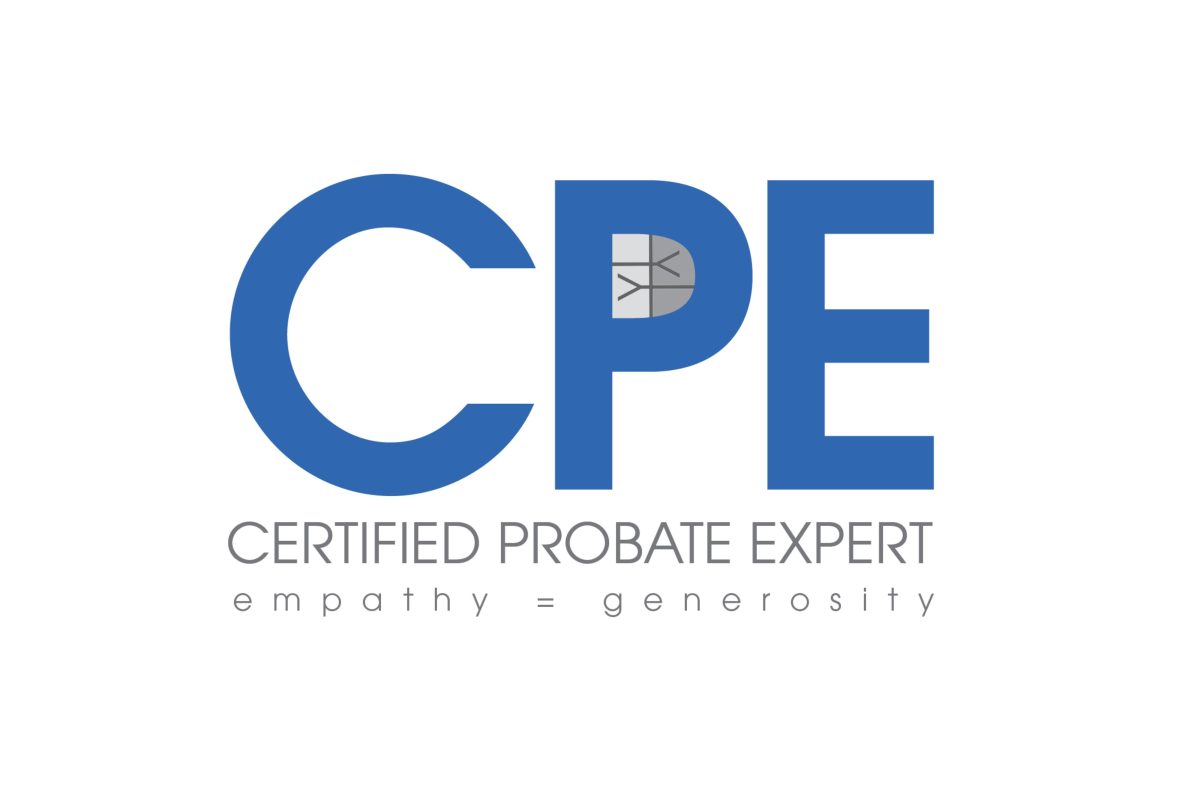Colorado Seniors: The Ultimate Guide to Home Buying with a Reverse Mortgage
Buying a new home later in life comes with unique financial considerations, especially for individuals aged 62 or older who may not want the burden of a traditional mortgage payment. A Home Equity Conversion Mortgage (HECM) for Purchase—commonly known as a reverse mortgage—offers a strategic way for qualified buyers to finance a home purchase without monthly mortgage payments. At Colorado Estate Services, we’re now partnering with Certified Reverse Mortgage Professional Mark Smith from My True Mortgage to support clients considering this option. Here’s a detailed look at how it works, the potential benefits, and key considerations.
What Is a HECM for Purchase?
The HECM for Purchase is a type of reverse mortgage specifically designed to allow seniors to purchase a new primary residence. It enables eligible homeowners to fund part of the home purchase while keeping their cash flow available for other needs. Unlike a reverse mortgage refinance, which uses home equity as a source of income or funding, a HECM for Purchase applies home equity toward the purchase of a new property. This can be an ideal option for individuals looking to downsize, upsize, relocate, or simply move into a home that better suits their needs without committing to monthly mortgage payments.
How It Works
Here’s how a HECM for Purchase typically works:
- Eligibility Requirements: At least one borrower must be at least 62 years old for a married couple in Colorado, must pass financial assessment, must occupy the property as their primary residence at least 6 months out of the year, and have sufficient down payment funds. The property must also meet FHA appraisal standards.
- The Down Payment: Buyers need a significant down payment, and this will be determined by the age of the youngest borrower, the interest rate and the sales price. This can come from personal savings, proceeds from selling an existing home, or other assets. This upfront payment covers the remaining portion of the home’s purchase price not financed by the HECM loan.
- No Monthly Mortgage Payments: Once the loan is established, there are no required monthly mortgage payments, though homeowners must continue to pay property taxes, homeowners insurance, HOA and maintain the property. The loan balance (principal, interest, and fees) only becomes due when the homeowner sells the property, doesn’t occupy the property at least 6 months out of the year, or passes away.
- Loan Balance and Equity: The loan balance grows over time because no monthly payments are made, and interest accrues on the balance. However, the borrower’s heirs or estate can sell the home to pay off the loan or choose to refinance the loan into their name or repay it directly to retain ownership.
Benefits of a Reverse Mortgage for Purchase
- No Monthly Mortgage Payment: With no required monthly payments, seniors can enjoy financial flexibility, which can be particularly valuable for those on a fixed income.
- Downsize, Upsize or Relocate with Ease: The HECM for Purchase allows homeowners to buy a new, often more suitable property without draining savings or worrying about traditional loan terms.
- Flexible Living Options: Seniors looking to relocate to warmer climates, closer to family, or to a community with supportive services may find this mortgage option beneficial, providing flexibility and financial relief in retirement.
Important Considerations and Limitations
- Costs and Fees: HECMs have upfront fees, including FHA mortgage insurance, origination fees, and closing costs, which can be higher than traditional mortgages. It’s essential to factor in these costs when considering this type of loan.
- Property Taxes, Insurance, and Maintenance: Even though there’s no monthly mortgage payment, homeowners must remain current on taxes, insurance, HOA, and upkeep, as failing to do so could lead to loan default.
- Loan Balance and Home Equity Impact: Since the balance grows over time, heirs may inherit less equity in the property. If the home’s value has increased, there may still be equity remaining, but that will vary.
How Colorado Estate Services and Mark Smith at My True Mortgage Can Help
Mark Smith at My True Mortgage is a Certified Reverse Mortgage Professional (CRMP) and brings specialized knowledge in reverse mortgages and can guide you through assessing if this option is the right fit. By partnering with Mark, Colorado Estate Services can support clients with a comprehensive service, from understanding loan implications to ensuring a smooth home transition if selling a current home is part of the process. Together, we provide end-to-end assistance, whether that’s consulting on the financial aspects with Mark or handling the sale preparation and marketing through Colorado Estate Services.
For more information on reverse mortgages, visit Mark’s resource page at My True Mortgage at http://www.mytruemortgage.com/msmith/ and complete the lets have a conversation tab, or reach out to Colorado Estate Services to discuss how this option could support your next real estate move. We’re here to provide guidance on every aspect of the process.
If you have any questions regarding the probate process, we’re here to help. Visit our Contact Us page for our emails and phone numbers.










